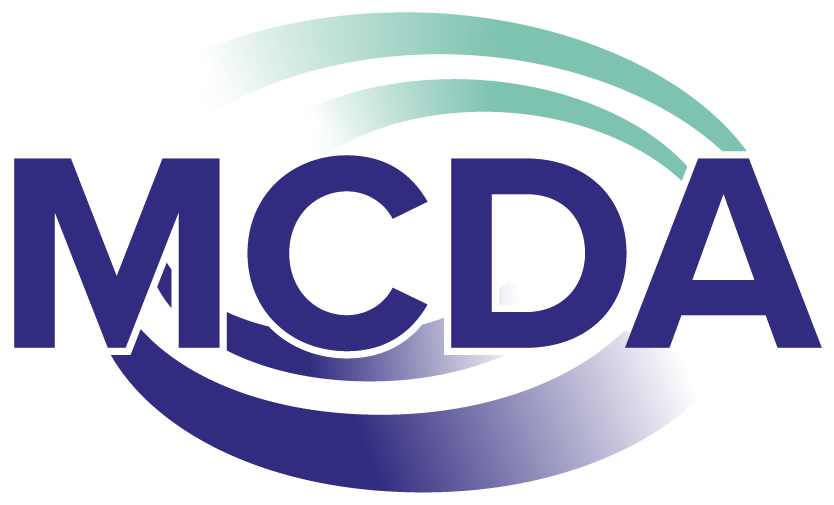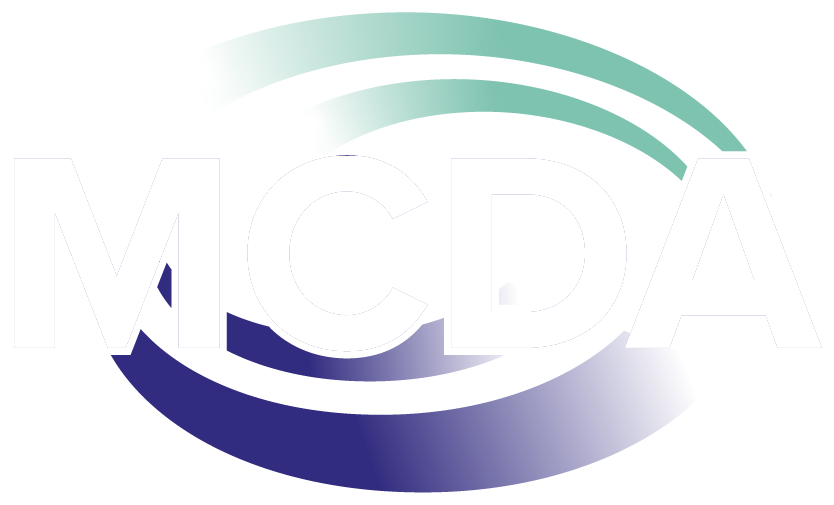BY GORDON HELLE, MCDA PRESIDENT
Career development requires a number of pieces in order to truly be successful. If you boil it down, most of what it takes falls into one of three categories:
- Skill development
- Time management
- Will development
Much of the work that I’ve done with clients, and most of the trainings I have seen focus on the first piece. I’ve told more than one person that the reason their search likely hasn’t been effective is less that they are doing something wrong, and more that, there are additional right things they could do.
I’ve coached, trained, and equipped these clients with additional skills that they can take with them in their search. These skills are essential (especially for those who aren’t privileged to be taught them at a young age).
However, if we as career practitioners stop there, we’re missing a large portion of what most of our clients need. Because for many, a skill gap isn’t the issue (or at least not the only issue).
 Many people have the skills (especially after we have trained them), but they aren’t putting them into practice. Proper time management can help someone move to the next level in so many parts of their life, including career development.
Many people have the skills (especially after we have trained them), but they aren’t putting them into practice. Proper time management can help someone move to the next level in so many parts of their life, including career development.
Because time management is such an important part of career management, I’m so grateful that Annie Montemayor’s RoundTable in June was about tools we can use and pass along to our clients to help in planning. If you didn’t have a chance to attend, you can still learn some great insights by downloading the presentation. In order to use the tools and skills we have provided, our clients need a system to make the time to do so.
At the end of the day, having the right skills and the time set aside to work on your career will only take you so far. You have to actually get yourself to do it, which takes will.
In my first job, I had a manager who said all performance issues were either “skill or will” problems. If it’s skill, then training is the solution. If it’s a matter of will, then it was a matter of motivating them to do the work or letting them go.
 I don’t think we should be working harder than our clients do on their career. However, if the barrier we see them having is one of will, we need to work with them in that area. There is likely a deeper reason they aren’t putting what they know into practice or taking steps.
I don’t think we should be working harder than our clients do on their career. However, if the barrier we see them having is one of will, we need to work with them in that area. There is likely a deeper reason they aren’t putting what they know into practice or taking steps.
Much of it probably has roots in fear, shame, or guilt (which motivate us quite a bit more than we would like to give them credit). If there is a motivation/will barrier, then our focus should be there instead of trying to revise that resume one more time or talking about the importance of networking.
Career development is a complex and multifaceted field. Every person we work with has a unique situation and set of needs that we need to approach with care, compassion, and interest.
It is our responsibility, though, to remember that skills alone likely won’t be enough. We need to look at other factors at play (systemic and individual) that are getting in the way of their success and target interventions that will allow them to have success in their careers.


